As the 2022/23 Academic Year started to unfold, and a review of our experiences with students, lost and confused about referencing systems, poor academic practices, and academic misconduct, Dr Steph Allen, Dr Ed Bickle, and Dr Marian Mayer from the FMC Learning Development Team (FMCLDT) identified a need to bring to life some of the unexpected tales and truths of academic integrity misconducts – intended or otherwise – to a wider community of scholars.
Seeking truths and perspectives, alongside narratives and numbers from the BU Academic Integrity Working Group, led by Dr Steph Allen, the LD team brought together a stellar set of speakers from the global academic integrity field for a series of 12 webinars. Planned in early 2022, what started as a ‘couple of sessions’ here and there soon cascaded into a successful ‘first of its kind’ series webinars that caught the imagination of scholars, students, and commercial organisations internationally.
Through an original and imaginative collaboration between the BU FMC LDT, AldinHE, Turnitin, FLIE, and renowned thought-leaders in the field of academic integrity and emerging artificial intelligence, Tales of the Unexpected brought together perspectives and concerns which were elevated and exposed, and ways forward were examined (and questions, so many questions!).
One particular webinar on Artificial Intelligence and academic integrity: Insights for Teaching and Learning arranged in October 2022 confirmed our prescience, as the world learnt in late November 2022, in what would turn out to be revolutionary – both in discussion but also hurriedly both behind the scenes, and then, slowly, in practice: the release and experimentation with a series of ChatGPT software tools, just one application brand in a suite of several that were known, but lesser discussed (even more questions!).
Whilst we took a risk in leading, creating, organising, and running the webinars, the innovative and timely nature of the series resulted in a comprehensive resource that attracted academics, professional staff, students, and industry sectors from 21 countries, with over 2700 registrants, attendees, and viewers – and has garnered appreciative feedback and demands for future webinars. It has also resulted in invitations to conferences, guest talks, workshops, high-value networking events, journal reviewing, conference organisation, and expert referrals (This was unexpected, and encouraging, yet we are mindful of workload).
As the first of its kind in UK Higher Education, this series quickly positioned BU at the forefront of advancing knowledge on matters around and pertinent to academia and research, as well as staff integrity, attracting widely recognised authoritative international speakers, educators, and thought pioneers, and setting a new standard for worldwide educators and students alike. It has showcased the BU brand and commitment to academic (and research) integrity (of which we are proud).
Recognising that academic integrity is a fundamental philosophy within the HE sector, since the series started, other institutions recognised the need to build on this ground-breaking series and have since followed suit.
Tales of the Unexpected: Traps and Pitfalls in Academic Integrity webinar series is available on FLIE and can be found here:
https://microsites.bournemouth.ac.uk/flie/2023/06/05/academic-integrity-webinar-series-2022-2023-catalogue/
1. Plagiarism in the Disrupted HE Landscape
Dr Sarah Elaine Eaton (University of Calgary)
2. Contract Cheating: Solutions for Prevention and Identification
Dr Thomas Lancaster (Imperial College, London)
3. Murky Waters of File Sharing
Dr Brenda M Stoesz (University of Winnipeg)
4. Psychological Perspectives on Academic Misconduct
Dr Guy Curtis (University of Western Australia)
5. Threats to Academic Integrity & How to Address Them
Dr Irene Glendinning (Coventry University)
6. Artificial Intelligence & Academic Integrity
Dr S E Eaton, Dr R W Brennan, Dr J Wiens, Dr B McDermott (University of Calgary)
7. Over-Represented Students in Academic Misconduct
Dr Mary Davis (Oxford Brookes)
8. Slow & Steady: Establishing an Institutional Culture of Academic Integrity
Lynn Cliplef, Mitchell Hengen, Caitlin Mumm, Josh Seeland (Assiniboine Community College, Manitoba)
9. Foundational Literacies & Academic Integrity Skills: Ideas for Supporting Students in an Artificial Intelligence Era
Beatriz Moya, Leeanne Morrow (University of Calgary)
10. Towards a Continuum of Academic Misconduct
Professor Bruce Macfarlane (University of Hong Kong)
11. The Student View of Contract Cheating
Deborah Horrocks (Turnitin)
12. A Ghostwriter in the Machine: Academic Integrity Implications of Machine Translation and Generative AI Klaus Mundt, Mike Groves (University of Nottingham and Lingnan University, Hong Kong)
Last but not least, somewhere in the middle of the webinar series, Dr Steph Allen invited the President of the Law Society for England and Wales for An Evening with Lubna Shuja. An in-person event hosted by Department of Humanities & Law, the intimate evening event brought together the professions and students and was very much part of the Tales of the Unexpected: Academic Integrity Speaker Series and well received by the attendees.
Again, our thanks go to FLIE colleagues: Tracey Webb, Oliver Moore-Oats, David Hunt and all the FLIE team involved,
as well as our speakers, and attendees!
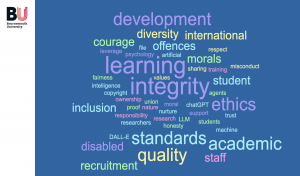
 On the last day of 2025 the Nepal Journal of Epidemiology published our editorial ‘Progress of the Unique Fellowship in Health Research Evidence Synthesis in Nepal‘ [1]. Co-authors of this editorial include Faculty of Health & Social Sciences Visiting Faculty: Prof. Padam Simkhada and Dr. Bibha Simkhada who are both grant holders on the British Academy grant which also includes BU’s Dr. Pramod Regmi. The journal editor added a photo of our recent three-day event on research capacity building in Dhulikhel (Nepal) to the cover of the December issue.
On the last day of 2025 the Nepal Journal of Epidemiology published our editorial ‘Progress of the Unique Fellowship in Health Research Evidence Synthesis in Nepal‘ [1]. Co-authors of this editorial include Faculty of Health & Social Sciences Visiting Faculty: Prof. Padam Simkhada and Dr. Bibha Simkhada who are both grant holders on the British Academy grant which also includes BU’s Dr. Pramod Regmi. The journal editor added a photo of our recent three-day event on research capacity building in Dhulikhel (Nepal) to the cover of the December issue.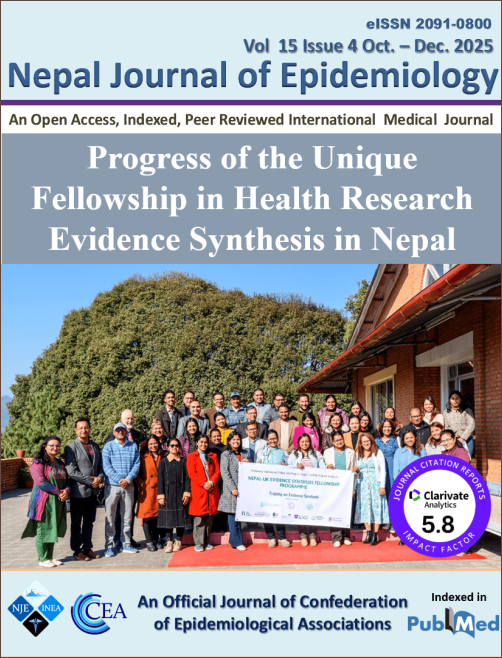 Nepalese researchers, academics, policymakers and practitioners are undertaking a unique Fellowship in evidence synthesis and evidence-based policy making. This Fellowship is part of a larger project called ‘Evidence Informed Health Policy Making in Nepal (EHPN)’, funded by the British Academy. After our training event Dr. Regmi had the opportunity to present our (2022) textbook Academic Writing and Publishing in Health and Social Sciences to His Excellency Mr. Madhav Chaulagain, Nepal’s newly appointed Minister of Forest & Environment.
Nepalese researchers, academics, policymakers and practitioners are undertaking a unique Fellowship in evidence synthesis and evidence-based policy making. This Fellowship is part of a larger project called ‘Evidence Informed Health Policy Making in Nepal (EHPN)’, funded by the British Academy. After our training event Dr. Regmi had the opportunity to present our (2022) textbook Academic Writing and Publishing in Health and Social Sciences to His Excellency Mr. Madhav Chaulagain, Nepal’s newly appointed Minister of Forest & Environment.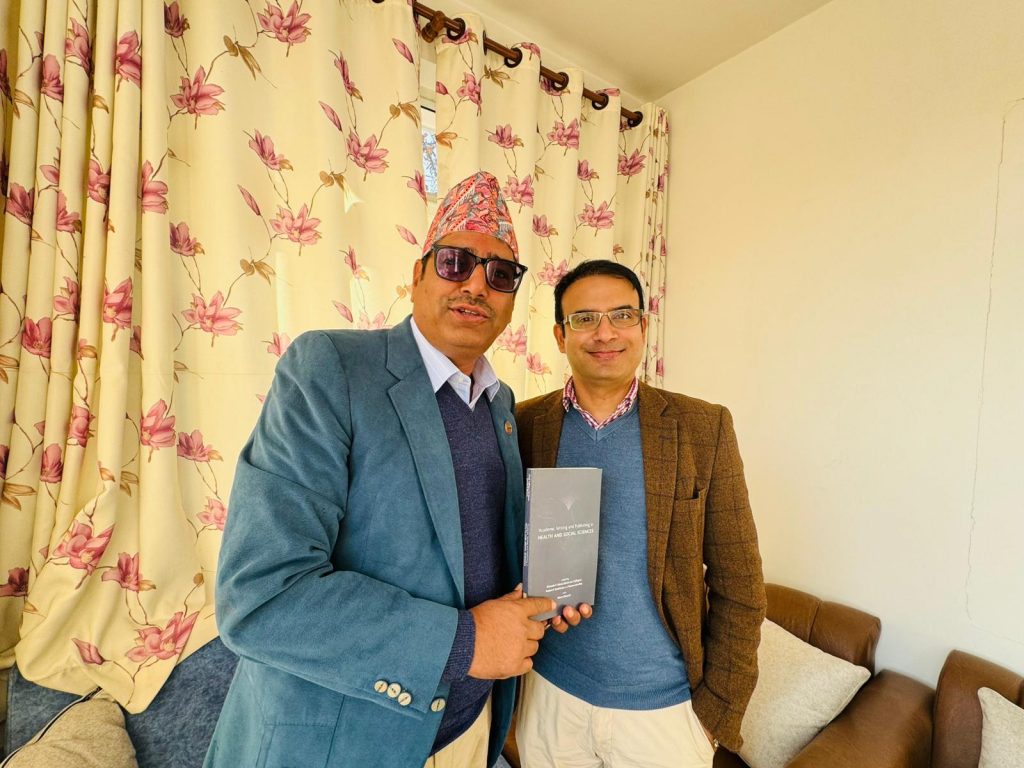

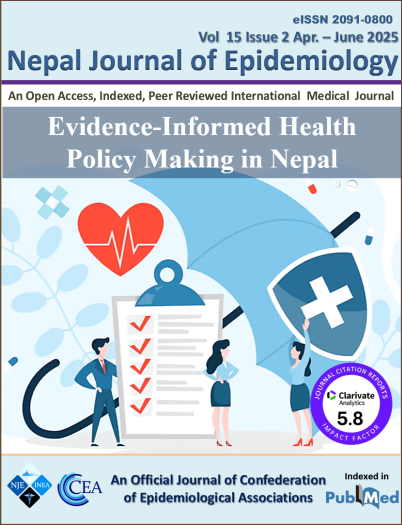
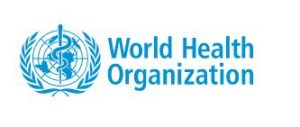

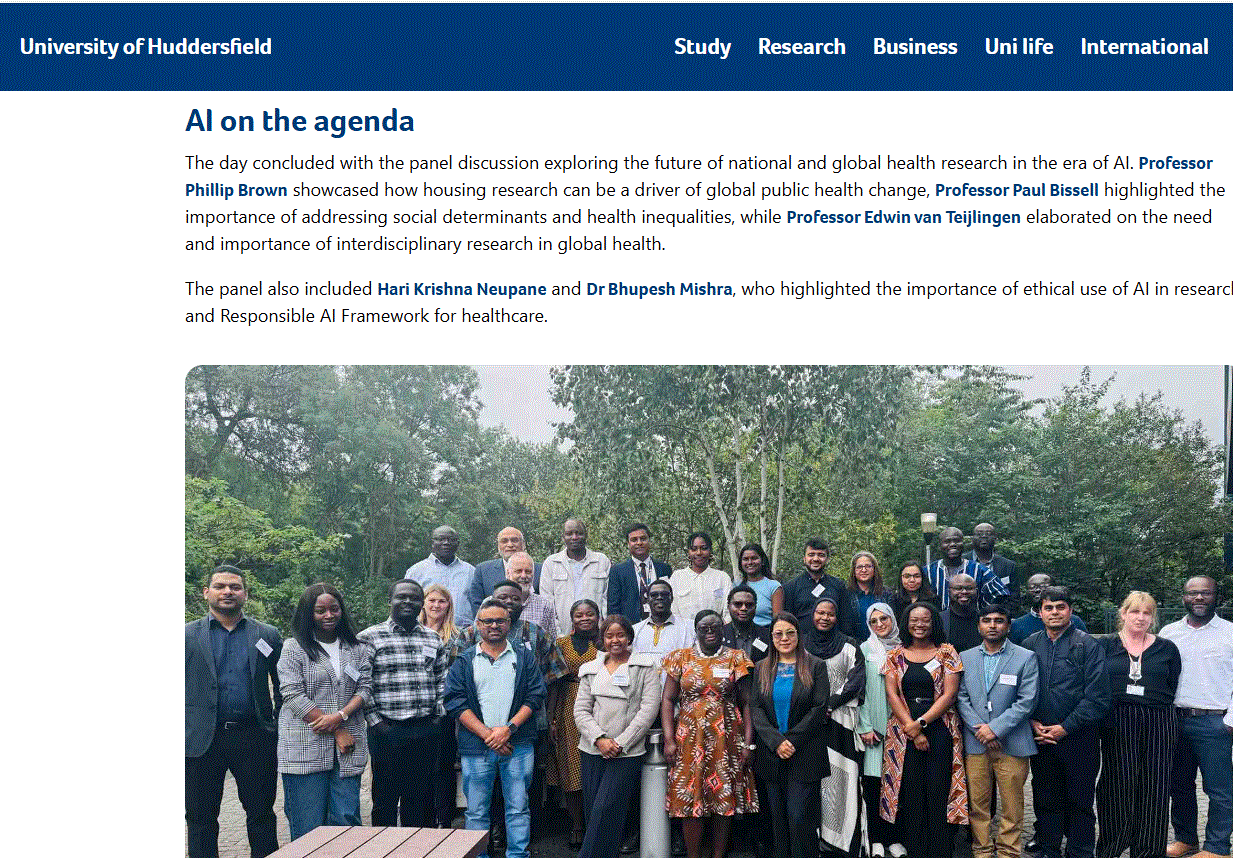

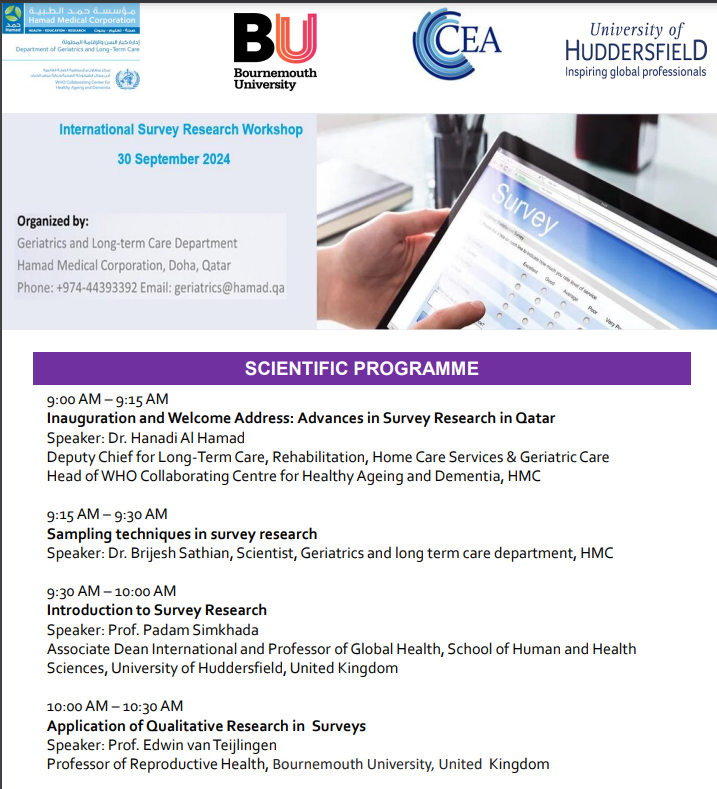
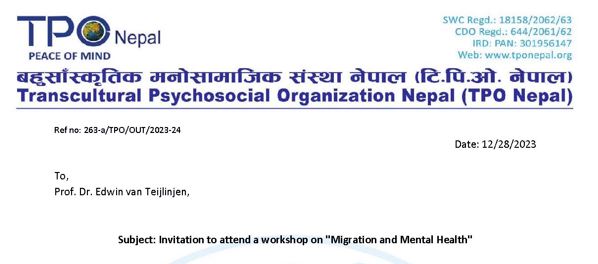
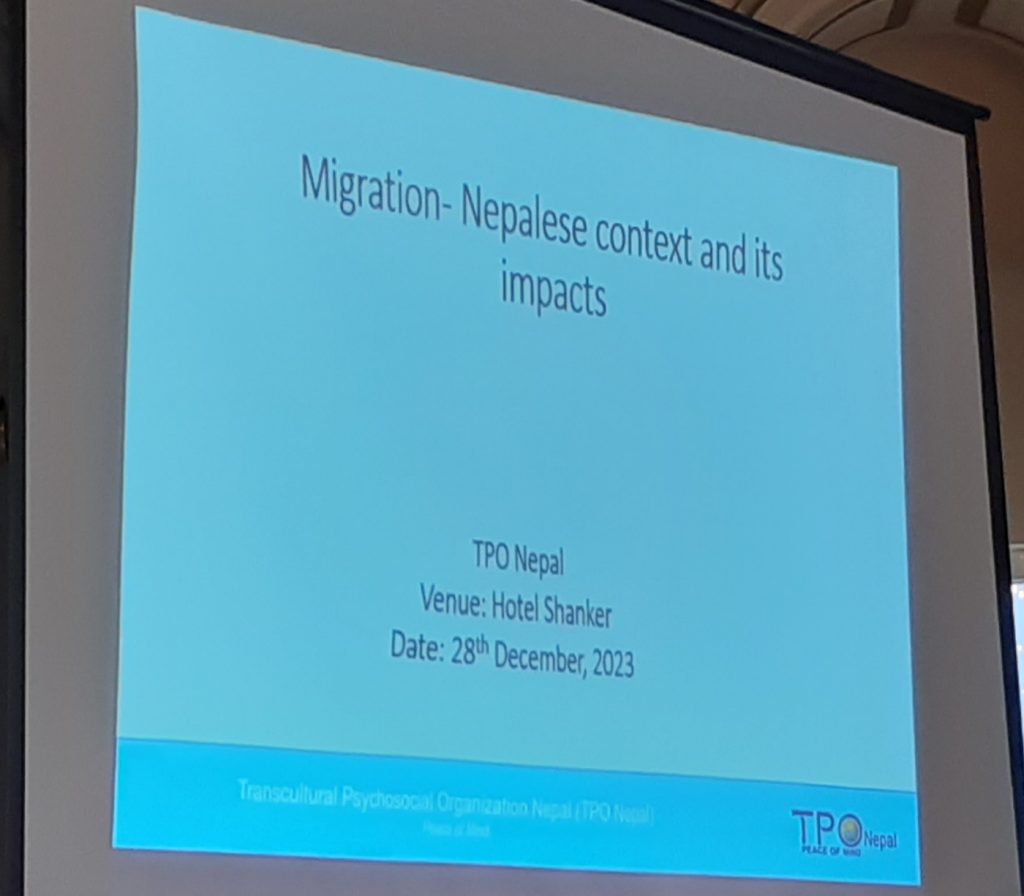
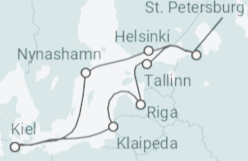
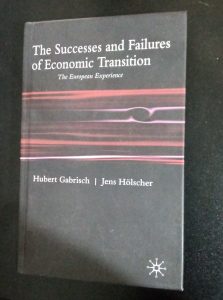
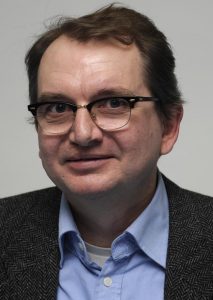


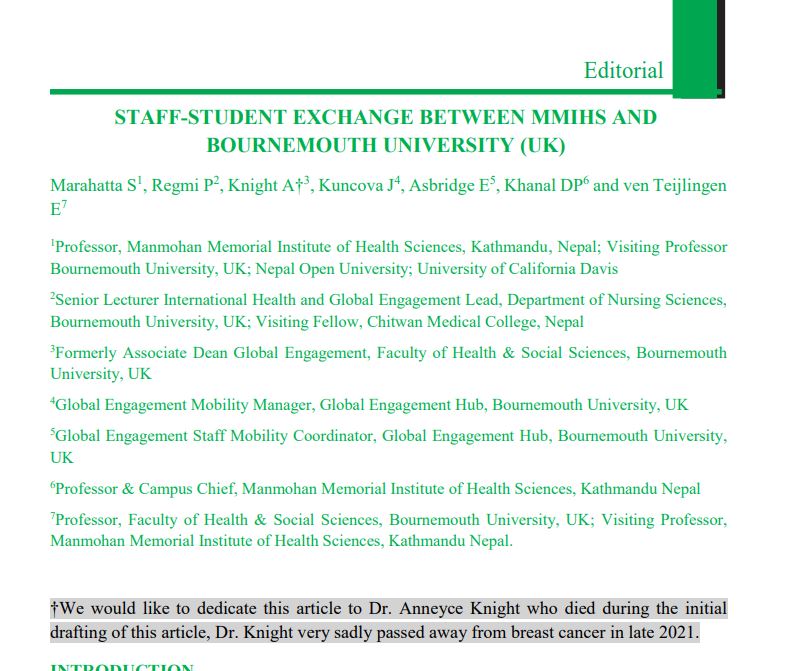
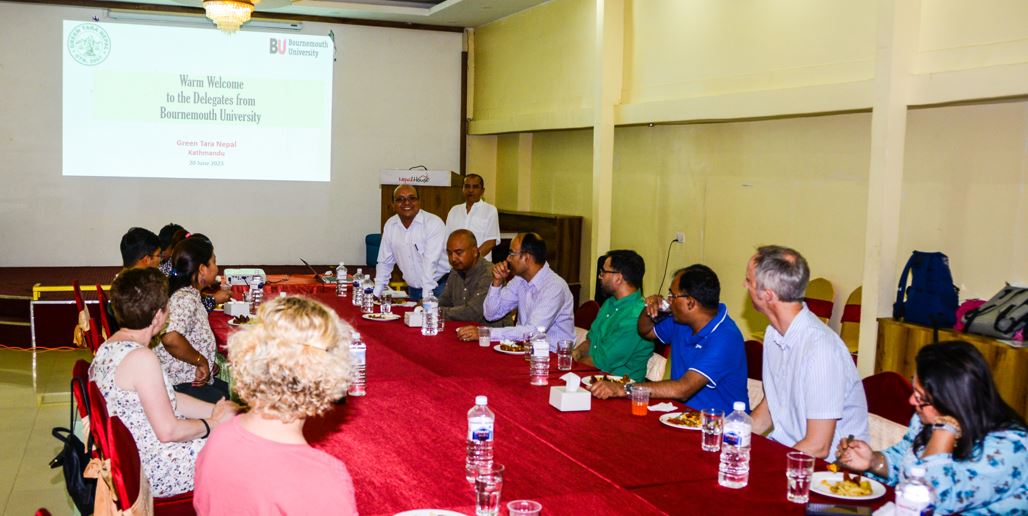
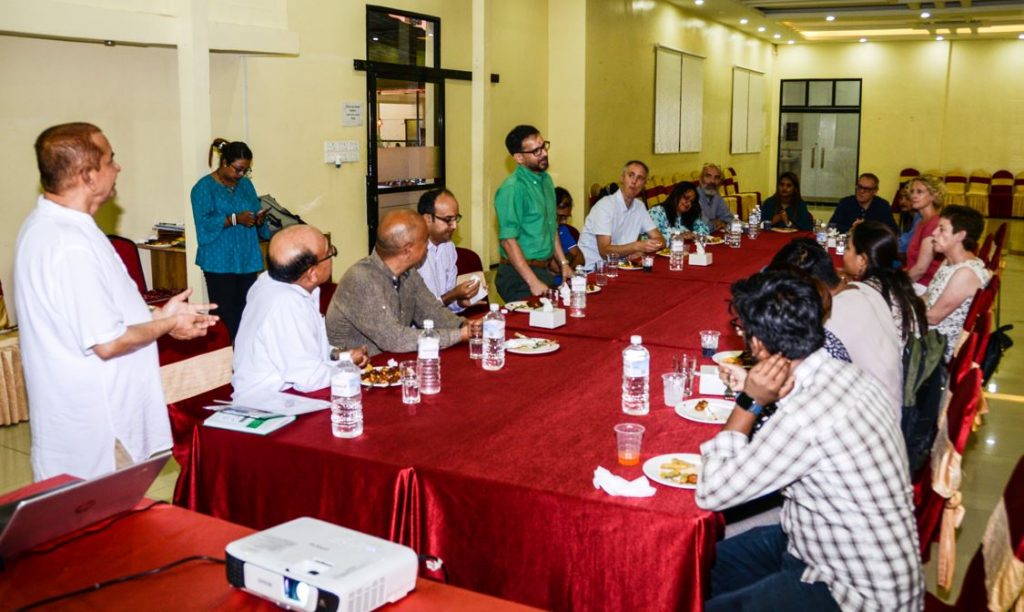


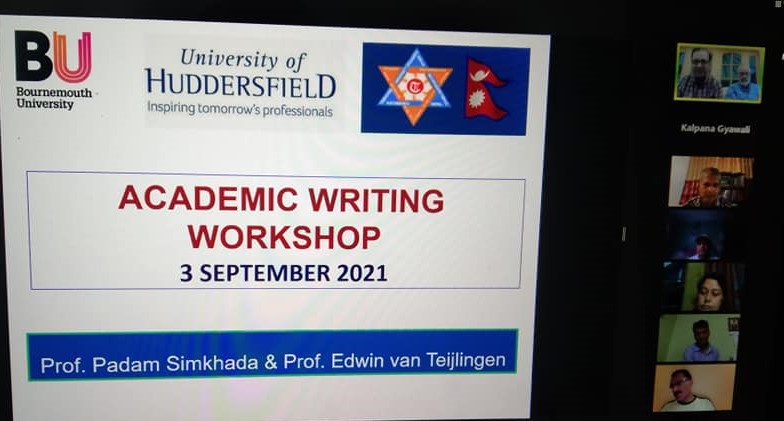
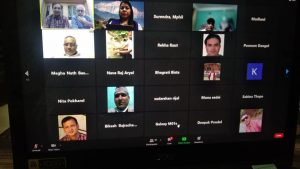

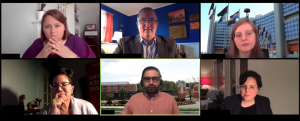 A video recording of the roundtable on Public Diplomacy and “what is next after COVID-19” is now available
A video recording of the roundtable on Public Diplomacy and “what is next after COVID-19” is now available 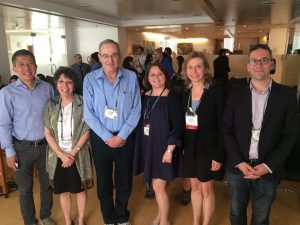 atures that she co-ordinated as a volunteer. The Group has grown fast to over 100 members worldwide and brings together scholars investigating topics related to public diplomacy, nation branding, country image and reputation, public relations for and of nations, as well as political, global and cultural communication influencing international relations. She organized the 2018 doctoral and postdoctoral Public Diplomacy preconference in Prague and the 2019 Washington “Public Diplomacy in the 2020s”, including a panel hosted by the US Department of State.
atures that she co-ordinated as a volunteer. The Group has grown fast to over 100 members worldwide and brings together scholars investigating topics related to public diplomacy, nation branding, country image and reputation, public relations for and of nations, as well as political, global and cultural communication influencing international relations. She organized the 2018 doctoral and postdoctoral Public Diplomacy preconference in Prague and the 2019 Washington “Public Diplomacy in the 2020s”, including a panel hosted by the US Department of State.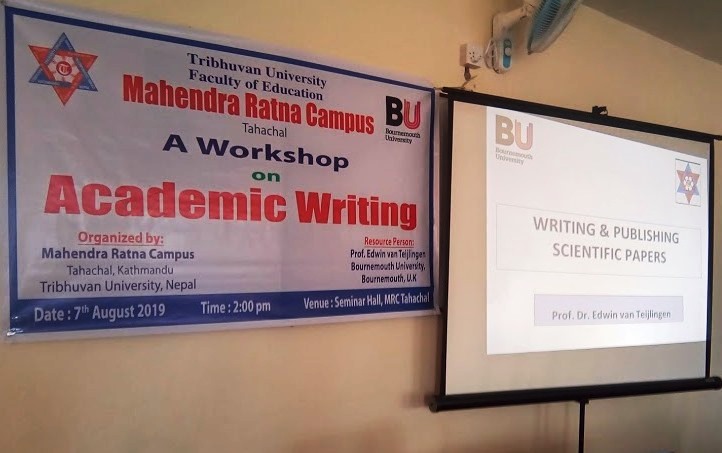

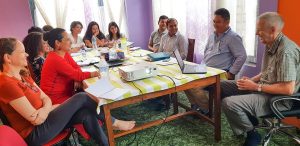

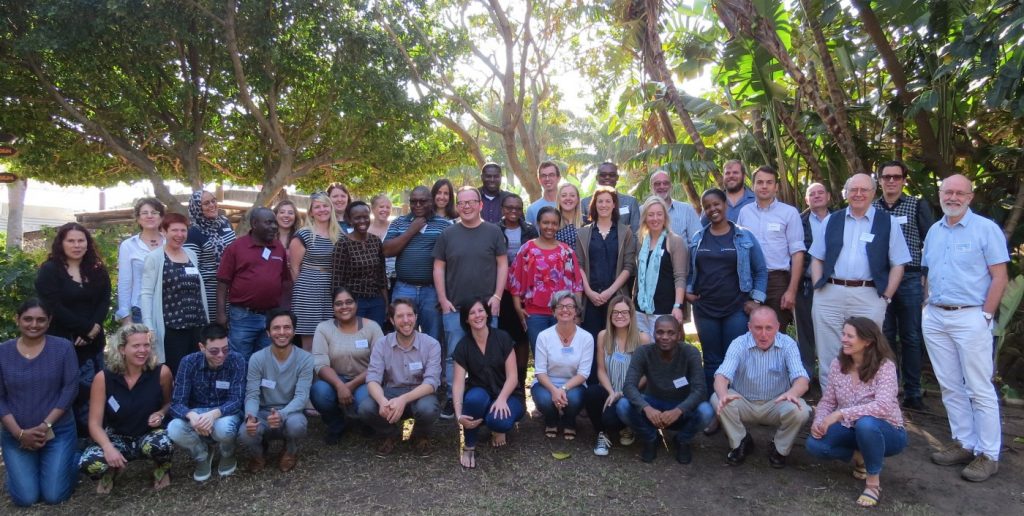
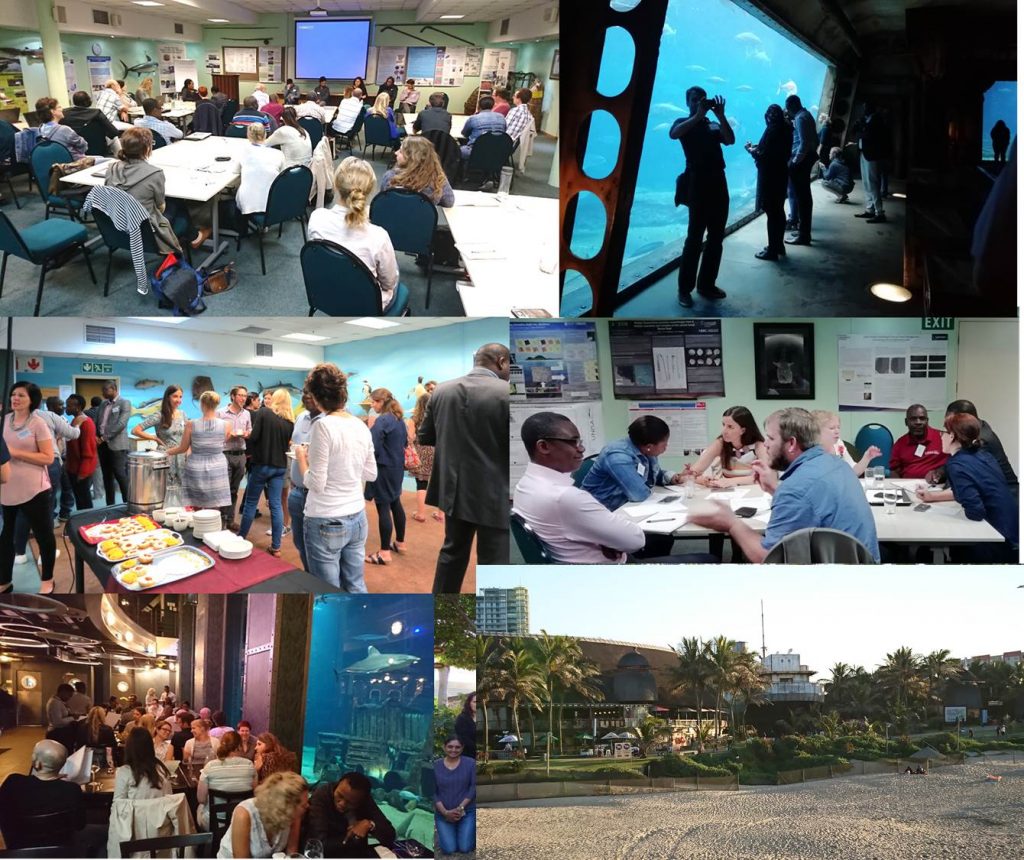
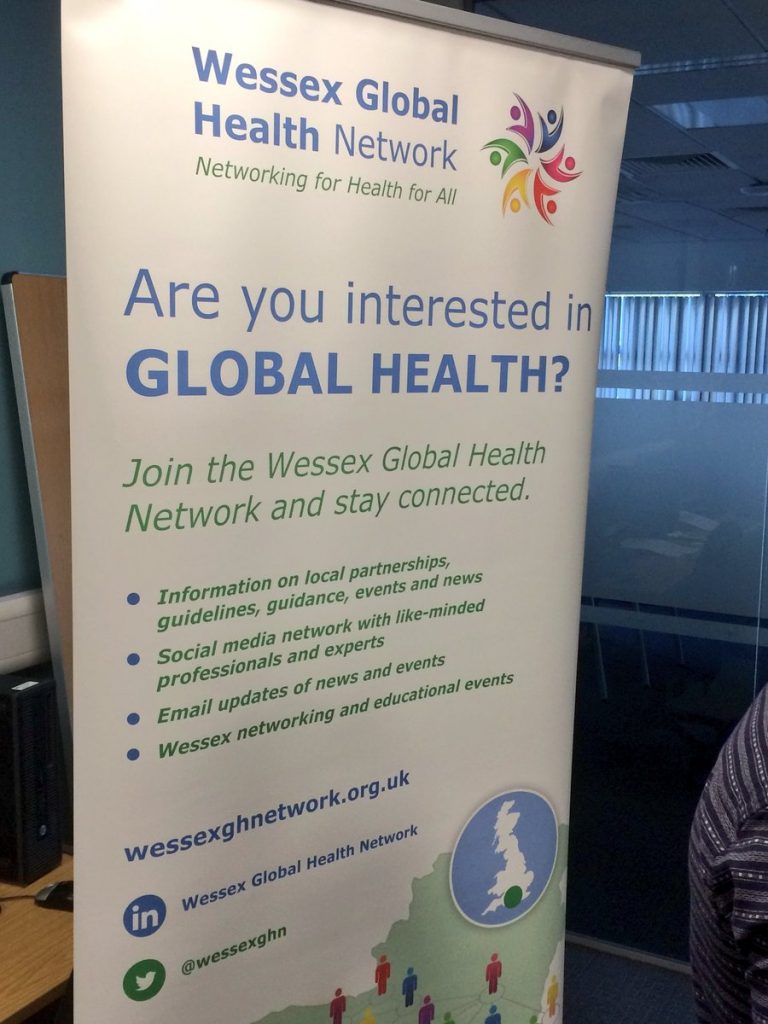
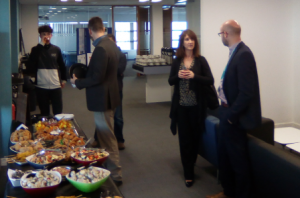
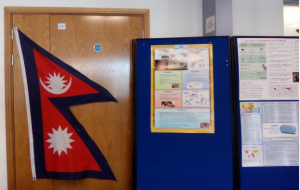
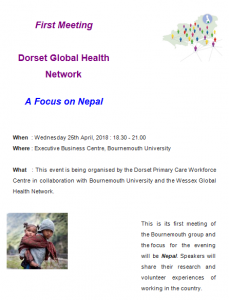
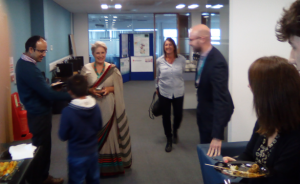











 Missing Persons Indicator Project Recruitment
Missing Persons Indicator Project Recruitment Celebrating our Research: Postgraduate Research Showcase 2026
Celebrating our Research: Postgraduate Research Showcase 2026 Nursing Research REF Impact in Nepal
Nursing Research REF Impact in Nepal Fourth INRC Symposium: From Clinical Applications to Neuro-Inspired Computation
Fourth INRC Symposium: From Clinical Applications to Neuro-Inspired Computation ESRC Festival of Social Science 2025 – Reflecting back and looking ahead to 2026
ESRC Festival of Social Science 2025 – Reflecting back and looking ahead to 2026 3C Event: Research Culture, Community & Cookies – Tuesday 13 January 10-11am
3C Event: Research Culture, Community & Cookies – Tuesday 13 January 10-11am ECR Funding Open Call: Research Culture & Community Grant – Application Deadline Friday 12 December
ECR Funding Open Call: Research Culture & Community Grant – Application Deadline Friday 12 December MSCA Postdoctoral Fellowships 2025 Call
MSCA Postdoctoral Fellowships 2025 Call ERC Advanced Grant 2025 Webinar
ERC Advanced Grant 2025 Webinar Horizon Europe Work Programme 2025 Published
Horizon Europe Work Programme 2025 Published Update on UKRO services
Update on UKRO services European research project exploring use of ‘virtual twins’ to better manage metabolic associated fatty liver disease
European research project exploring use of ‘virtual twins’ to better manage metabolic associated fatty liver disease